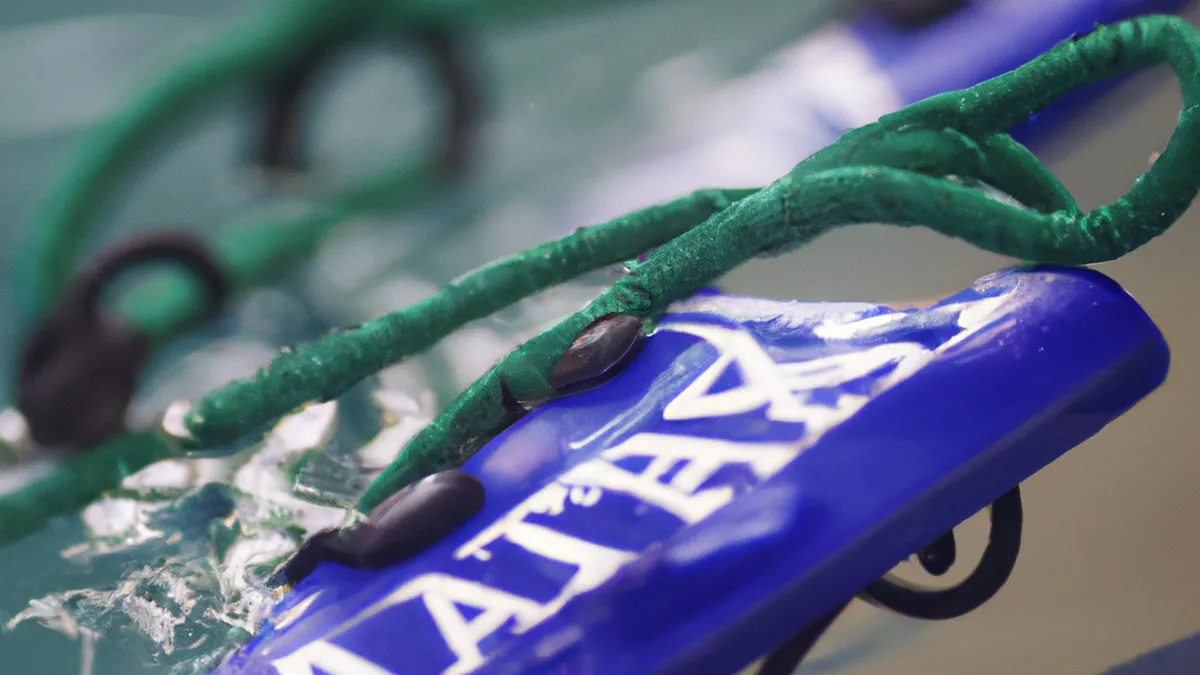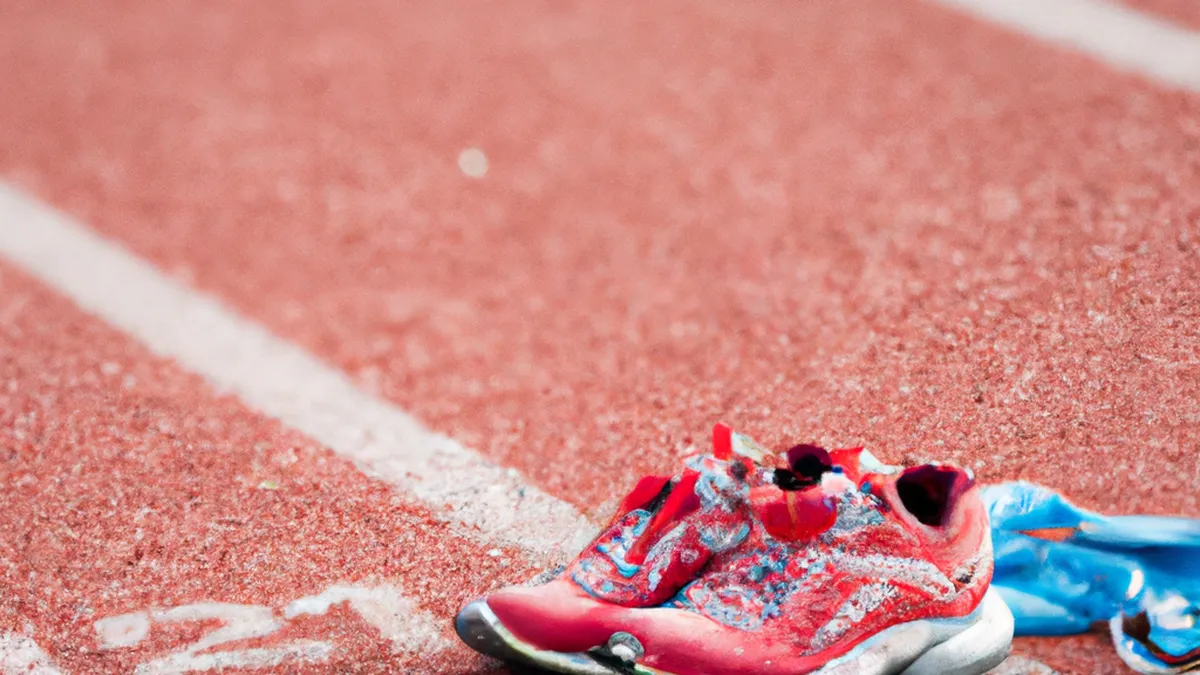Optimize Post-Ski Nutrition for Maximum Recovery
Nutrition Timing for Optimal Recovery After Skiing
As an Amazon Associate I earn from qualifying purchases.
Gear tip: consider agility cones, speed ladder and training hurdles to support this workout.
Skiing demands physical strength, endurance, and mental focus. Your body undergoes significant stress during skiing. After skiing, proper nutrition is essential for recovery. Implementing nutrition timing enhances your recovery process, preparing you for another day on the mountain.
Importance of Nutrition Timing
Nutrition timing involves strategically consuming nutrients within specific time frames. After skiing, your body needs immediate nutrient replenishment to repair muscle damage and restore energy.
Research shows that nutrient timing improves muscle recovery, reduces soreness, and enhances athletic performance. Skiing causes micro-tears in muscles and depletes glycogen stores. Focus on optimal nutrition timing for effective recovery and better performance in subsequent ski sessions.
Post-Ski Recovery Window
The first hour after skiing is the “anabolic window.” During this time, your muscles are receptive to nutrients. Consume a balanced meal or snack for optimal recovery.
Studies indicate that the right combination of carbohydrates and proteins can speed up recovery significantly.
Carbohydrates and Protein
Carbohydrates and proteins are crucial for post-ski recovery. Replenishing depleted glycogen stores restores energy levels. Carbohydrates efficiently replenish these stores.
Protein aids muscle repair by providing necessary amino acids. Aim for a 3:1 ratio of carbohydrates to protein. For example, a smoothie with bananas, berries, and protein powder meets these needs effectively.
Hydration
Hydration is critical for post-ski recovery. Skiing can cause dehydration, especially in cold, dry conditions. Water transports nutrients and ensures optimal muscle function.
After skiing, drink at least 16-20 ounces of water within the first hour. If skiing for extended periods or at higher altitudes, consider electrolyte-rich beverages. Proper hydration aids recovery and maintains performance levels.
Choosing the Right Foods
Select nutrient-dense foods for post-ski recovery. Focus on whole foods that provide essential vitamins and minerals after a day on the slopes.
Whole Grains
Whole grains offer carbohydrates that provide sustained energy and help replenish glycogen stores.
Conclusion
Nutrition timing and proper food choices enhance recovery after skiing. Prioritize carbohydrates, protein, and hydration for optimal results.
Below are related products based on this post:
FAQ
Why is nutrition timing important after skiing?
Nutrition timing is crucial after skiing because it involves strategically consuming nutrients within specific time frames to aid recovery. After skiing, your body needs immediate nutrient replenishment to repair muscle damage and restore energy levels. Proper nutrition timing can improve muscle recovery, reduce soreness, and enhance overall athletic performance.
What should I eat after skiing for optimal recovery?
For optimal recovery after skiing, aim for a balanced meal or snack that includes a combination of carbohydrates and proteins, ideally in a 3:1 ratio. Foods like smoothies made with bananas, berries, and protein powder are effective options. Additionally, focus on nutrient-dense whole foods that provide essential vitamins and minerals to support post-ski recovery.
How important is hydration after skiing?
Hydration is critical for post-ski recovery, as skiing can lead to dehydration, particularly in cold, dry conditions. Drinking at least 16-20 ounces of water within the first hour after skiing helps transport nutrients and ensures optimal muscle function. If skiing for extended periods or at higher altitudes, consider consuming electrolyte-rich beverages to further aid recovery and maintain performance levels.















Post Comment